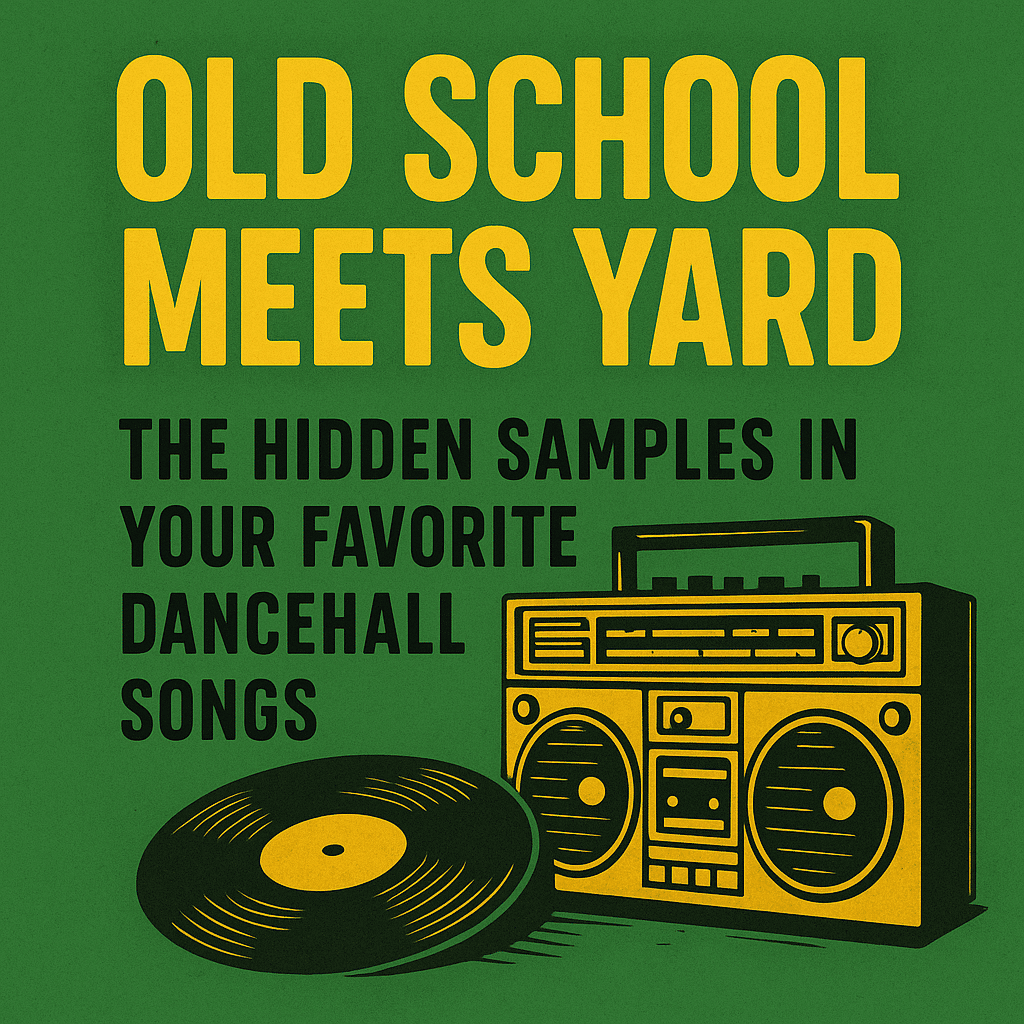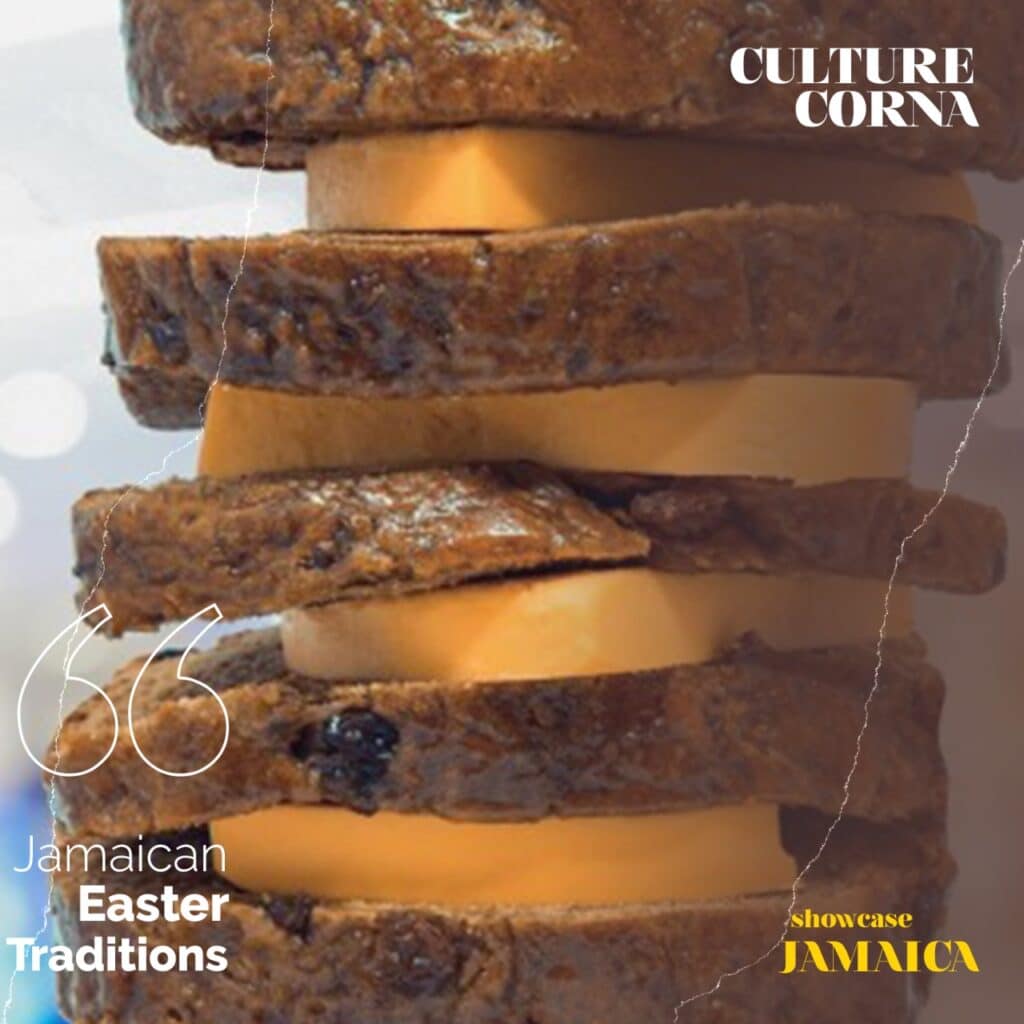From soul classics to dancefloor anthems—how Jamaican producers flipped familiar tunes into fire dancehall songs.
Introduction
Yuh (You) ever hear a dancehall song and feel like you know it from somewhere? Maybe it’s a bassline from your parents’ record collection, a hook from a Sunday cleaning playlist, or a melody you thought belonged to Motown. You’re not imagining it—many dancehall songs are built on samples from old-school soul, funk, disco, and even opera.
But this isn’t just copying—it’s creativity at its finest. Jamaican producers and artists have a long-standing tradition of versioning and sampling, taking global hits and reshaping them with island vibes, patois, and plenty of attitude. Sampling in dancehall isn’t just a technical trick—it’s a cultural conversation. It’s the sound of generations remixing memories. And in true yard style, it’s done with vibes, creativity, and zero apology.
In this article, we’re diving into classic dancehall songs that borrowed from unexpected places—and turned them into something totally fresh.
The Roots of Sampling in Dancehall Songs
Sampling in music isn’t new—but Jamaica’s use of it has always been unique. From the early days of sound system culture and dub plates in the 1950s and ’60s, with ska and rocksteady Jamaican selectors and producers were masters of reinvention. Back then, it wasn’t about splicing waveforms in a digital studio—it was about flipping records live on turntables, looping the hottest parts, and “versioning” them into something new.
By the time dancehall rose in the late ’70s and took off through the ’80s and ’90s, producers had access to more technology, but the mission remained the same: take something familiar and make it feel brand new. And what better source than the soul-drenched sounds of Marvin Gaye, Al Green, Diana Ross, and even Michael Jackson?
But make no mistake—this wasn’t imitation. It was transformation. Jamaican producers and artists didn’t just borrow—they reimagined. They took silky soul hooks and fused them with raw patois, heavy basslines, and dancefloor energy. That’s how a tender love ballad became a dancehall anthem. It’s cultural alchemy.
Respect to the Originals
Those old-school soul, disco, and funk tracks weren’t just background noise—they were the soundtracks of Saturday night barbecues and Sunday cleaning. Sampling them in dancehall songs isn’t just sonic recycling—it’s a nod to the past.
Examples:
- Original: “Part-Time Lover” by Stevie Wonder
- Dancehall Flip: “Hardcore Lover” by T.O.K. ft. Lady Saw
Stevie brought the suave and secrecy, but T.O.K. and Lady Saw brought the fire. With its infectious hook and commanding verses, “Hardcore Lover” amped up the tempo and the tension—proving once again that dancehall doesn’t whisper a story… it shouts it with style.
Original: “Angel of the Morning” by Evie Sands
Dancehall Flip: “Angel” by Shaggy ft. Rayvon
The original was tender and slow—almost too delicate to touch. But Shaggy’s version, layered with Rayvon’s buttery vocals and a reggae bounce, turned it into a summertime love song for a new generation. Still emotional, still angelic—just with more swag and sunshine
Original: “Moondance” by Van Morrison
Dancehall Flip: “Bashment Party” by Rayvon & Red Foxx
With its jazzy, romantic swing, “Moondance” might not seem like an obvious choice for a bashment anthem—but that’s the genius of dancehall. The sample was flipped into a laid-back groove with a dancefloor pulse, showing how Jamaican artists can transform a mellow moonlight vibe into a party under the stars.
How Dancehall Makes It Its Own
It’s not a copy-and-paste job. A slowed beat here, a chopped vocal there—and suddenly the vibe changes from lovers rock to full bruk-out. This is cultural alchemy.
Examples:
Original: “I Will Survive” by Gloria Gaynor
Dancehall Sample: “Willie Bounce” by Elephant Man
Gloria Gaynor’s original was a disco-fueled anthem of resilience—but Elephant Man turned it into a dancehall call to action. With its instantly recognizable piano riff and commanding energy, “Willie Bounce” became more than just a song—it was a dance craze that swept through every session, street dance, and schoolyard in Jamaica.
Original: “La Donna è Mobile” by Pararoh (from Rigoletto)
Dancehall Flip: “Badman Sonata” by Buccaneer
Buccaneer wasn’t just sampling opera—he was dueling with it. He took one of classical music’s most dramatic melodies and gave it a rugged patois punch. The result? A dramatic, unforgettable dancehall anthem that feels like Shakespeare with a sound clash twist. Who else but dancehall could turn a tuxedo melody into a badman ballad?
Original: “Dancehall Story” by Hugh Masekela
Dancehall Flip: “Ghetto Story” by Baby Cham
While Masekela blended jazz with roots to tell a tale of resistance and rhythm, Cham brought the story closer to home—with lyrics chronicling real struggles and survival in inner-city Jamaica. The sample serves as a sonic foundation, but the message? 100% Cham.
Why Dancehall Songs Resonates
There’s something powerful about hearing a song your mother used to play—now reimagined in a way that hits the dancefloor. Dancehall sampling connects generations, blending the old and the new into something that feels familiar yet fresh.
Examples:
Original: “Forever Young” by Alphaville
Dancehall Flip: “Jamaica Love” by Busy Signal
Busy Signal reimagined this dreamy 80s anthem into a heartfelt tribute to his homeland. The emotional pull of the original stays intact, but now it’s wrapped in warm reggae chords and national pride. It’s one of those tracks that makes you want to wave a flag with your hand on your heart.
Original: “When Doves Cry” by Prince
Dancehall Flip: “Eagles Cry” by T.O.K.
Prince gave us vulnerability and emotional depth with “When Doves Cry,” and T.O.K. mirrored that intensity with a darker, grittier twist. “Eagles Cry” turned internal pain into outward power—a signature dancehall move that repackages emotion with attitude and edge.
Original: “Nightshift” by The Commodores
Dancehall Flip: “Night Shift” by Busy Signal
Busy kept the essence of the original—a late-night dedication filled with love and longing—and gave it new context. Instead of a tribute to fallen icons, it became a lover’s anthem for those holding it down on the graveyard shift. It’s a dancehall song that still says, “I see you, I rate you,”—just in patois and over a reggae beat.
A Tradition That Lives On
Sampling didn’t stop in the ’90s. Today’s producers still dig deep for samples that slap. And when they flip a classic, it’s not just about sound. It’s about meaning.
Examples:
Original: “Memories Don’t Leave Like People Do” by Jimmy Butler
Dancehall Sample: “Memories” by Beenie Man
Where the original hits you in the soul with raw heartbreak, Beenie Man’s version adds swagger and storytelling. The pain is still there—but now it’s laced with groove, patois, and dancehall defiance. It’s a perfect example of how Jamaican music preserves emotion while reshaping the message to fit our vibe.
Original: “Land of 1000 Dances” by Cannibal & The Headhunters
Dancehall Sample: “Here Comes the Hotstepper” by Ini Kamoze
That catchy “na na na na” refrain is more than just a hook—it’s a cultural echo. Ini Kamoze turned that sample into an infectious chant, adding dancehall swagger and lyrical fire. The track went on to top global charts, proving that sampling, when done right, doesn’t just preserve music history—it amplifies it.
Conclusion: Where Old School Meets Yard
Whether it’s soul, disco, classical, or 80s pop—Jamaican artists have a way of taking timeless tunes and transforming them into something bold, rhythmic, and uniquely their own. These dancehall songs built on classic samples remind us that music is a living conversation—one that crosses genres, generations, and borders.
So next time you’re vibing to a dancehall banger and it sounds a little familiar, don’t be surprised. You might just be hearing your mother’s favorite record—remixed, reimagined, and now running the riddim in Spanish Town.
💬 What’s Your Favorite Sample Flip?
🎧 How many of these sampled tracks did you already know?
Drop your favorites in the comments—or tag a friend who needs to hear the original version of that dancehall tune they love.
Until next time, Walk Good.



